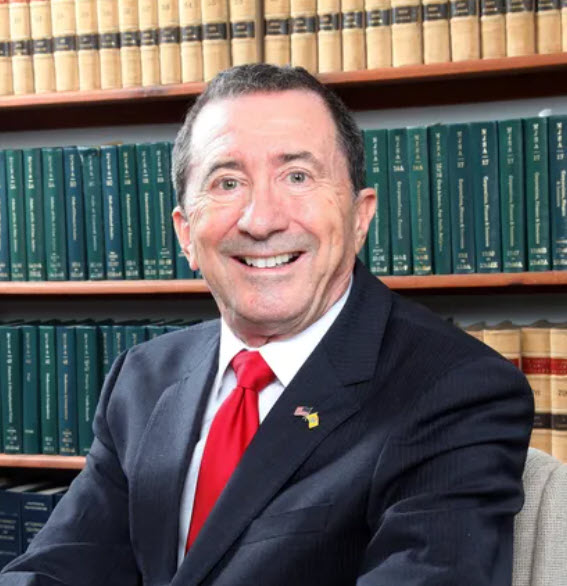
Even when America was great, and a free constitutional republic, there were times when federal and state governments denied citizens some of their fundamental and Constitutional rights. Federal and state courts permitted this when they agreed there was a “compelling state (government) interest” to do so.
What are our “fundamental rights” as American citizens?

Abraham Lincoln said in many of his speeches that the “fundamental rights” of Americans (and of all men and women) were recognized and described by our Declaration of Independence on July 4, 1776. They include “life, liberty, and the pursuit of happiness”.
Since 1844, the following “fundamental rights” have been recognized and protected by Article I, Section 1 of New Jersey’s State Constitution: “Enjoying and defending life and liberty, of acquiring, possessing, and protecting property, and of pursuing and obtaining safety and happiness”.
The U.S. Constitution also recognizes and protects certain “fundamental rights”. Article I, Sections 9 and 10 prevent federal and state governments from punishing people with “bills of attainder” and “ex post-facto laws”. Section 10 prevents states from passing laws that “impair the obligations of contracts”. The First Amendment recognizes and protects the free exercise of religion, freedom of speech, press and of the right of the people peaceably to assemble. The Second Amendment recognizes “the right of the people to keep and bear arms”. The Fourth Amendment recognizes “the right of the people to be secure in their persons, houses, papers, and effects against unreasonable searches and seizures”. The Ninth Amendment recognizes that “the enumeration in the Constitution of certain rights, shall not be construed to deny or disparage other rights retained by the people.
What “compelling state (government) interests” can justify the denial of our “fundamental rights”?
I have not studied Constitutional law cases since I left law school roughly 45 years ago. Here are the basic ideas I remember, and that were posted by Ronald Steiner on the First Amendment Encyclopedia of the Middle Tennessee State Law School. https://www.mtsu.edu/first-amendment/article/31/compelling-state-interest
I invite others with better knowledge to update and/or correct me.
If fundamental rights are not infringed, federal and state courts rarely stop government officials from doing what they want to do. As long as those officials comply with federal and state laws, and have some “legitimate” governmental interest or “rational basis”. Even if the judge thinks federal or state officials are foolish or wasting money, they will not interfere with decisions made by officials chosen by voters. Unless fundamental rights are being infringed, people who sue to set aside actions they don’t like by government officials usually waste their time and money. I often tell clients that time and money spent on lawsuits against government officials would be much better spent on political campaigns to win elections.
However, if a law, rule, or action infringes on a citizen’s “fundamental rights”, the state or government official has the burden of showing a “compelling state or government interest to do so”. In those cases, courts apply “strict scrutiny” to the law, rule, or action. Then, it is difficult and rare for the government official to win.
When “strict scrutiny” applies, the state or government officials must prove that they are using the “most narrowly tailored” or “least restrictive” means to achieve the “compelling state or government interest”. Some courts have said a law, rule, or action must be “necessary” or “crucial” to survive a “strict scrutiny” test.
Regulation vital to the protection of public health and safety, including the regulation of violent crime, the requirements of national security and military necessity, and respect for fundamental rights are examples of compelling governmental interests.
In my opinion executive orders making it illegal to walk or jog on a public sidewalk, bridge or Boardwalk would NOT survive a “strict scrutiny” test. That is because there seems to be no evidence that banning such activity slows or stops the spread of disease. I have that same opinions for executive orders that ban “social distant” church or funeral services—especially where congregants and mourners remain in their own cars in a parking lot!
However, I do believe orders requiring masks to be worn in stores, buses, airplanes, and other places where people are close together would survive a “strict scrutiny” test. That is because there are documented, clinical studies showing that this “masks4all” practice slowed or stopped the spread of the disease in Taiwan, South Korea and the Czech Republic.
Seth Grossman, Executive Director
Sethgrossman49@gmail.com
(609) 927-7333

